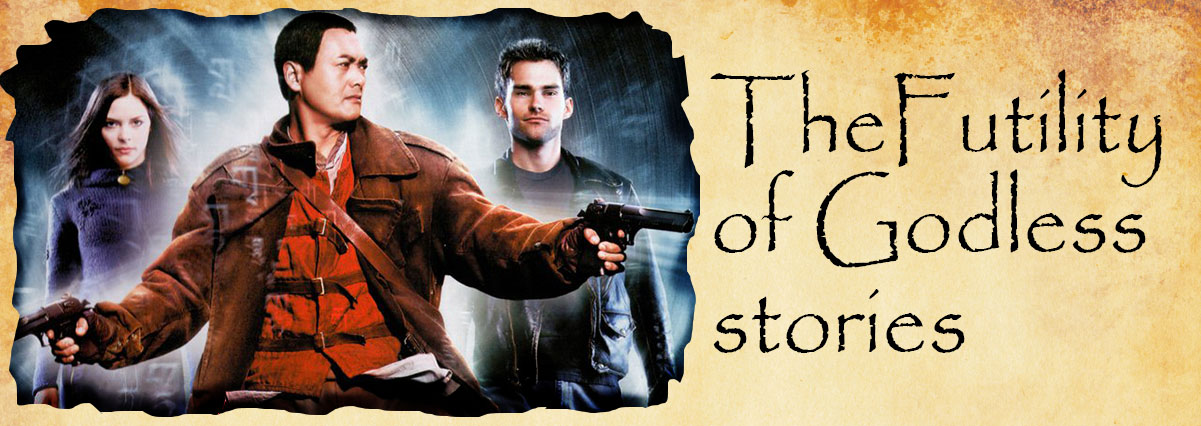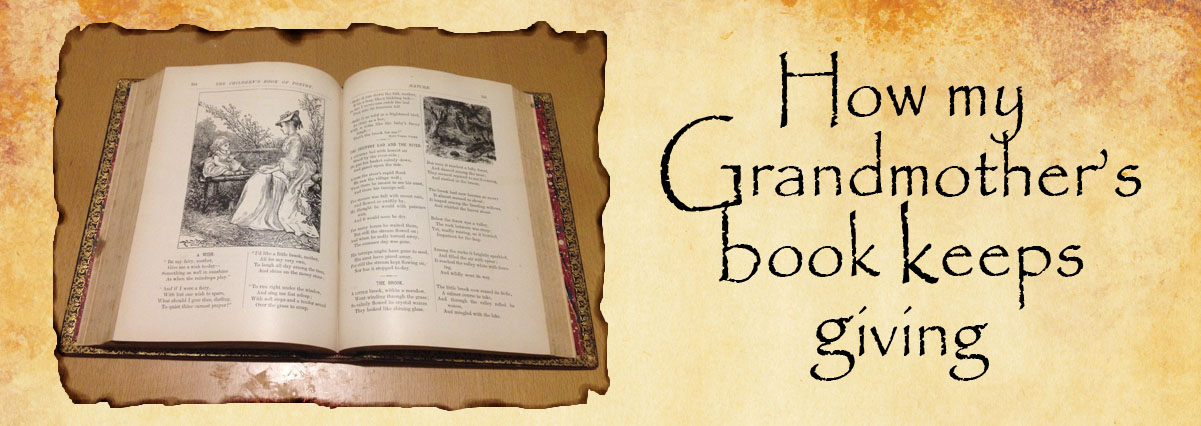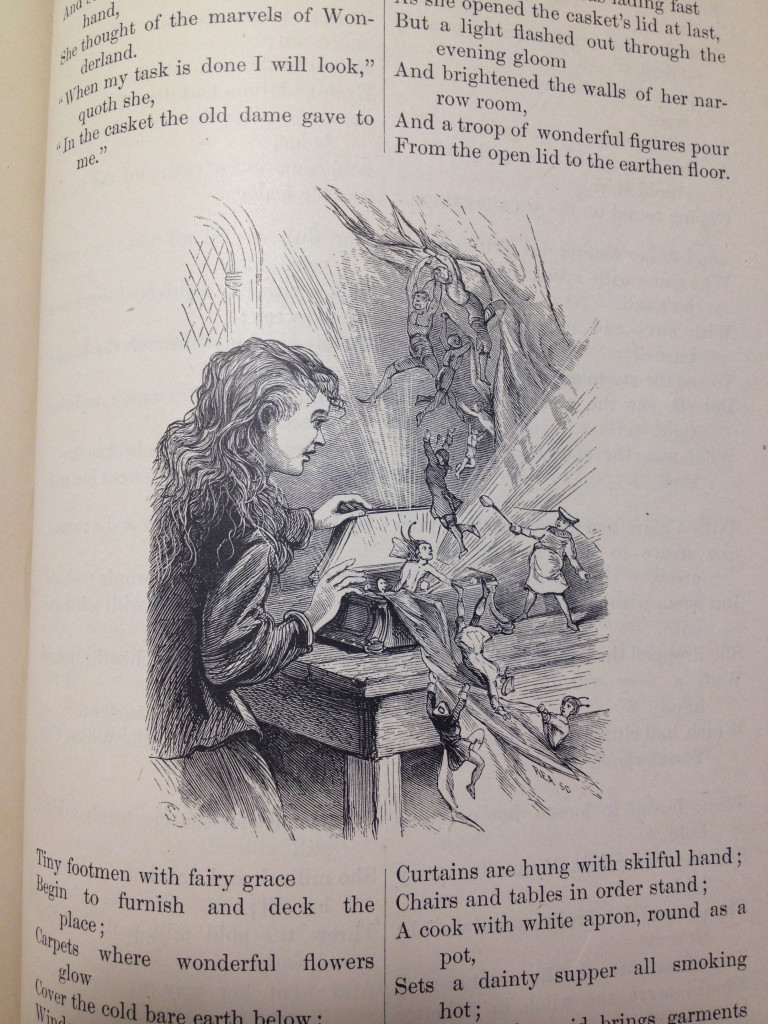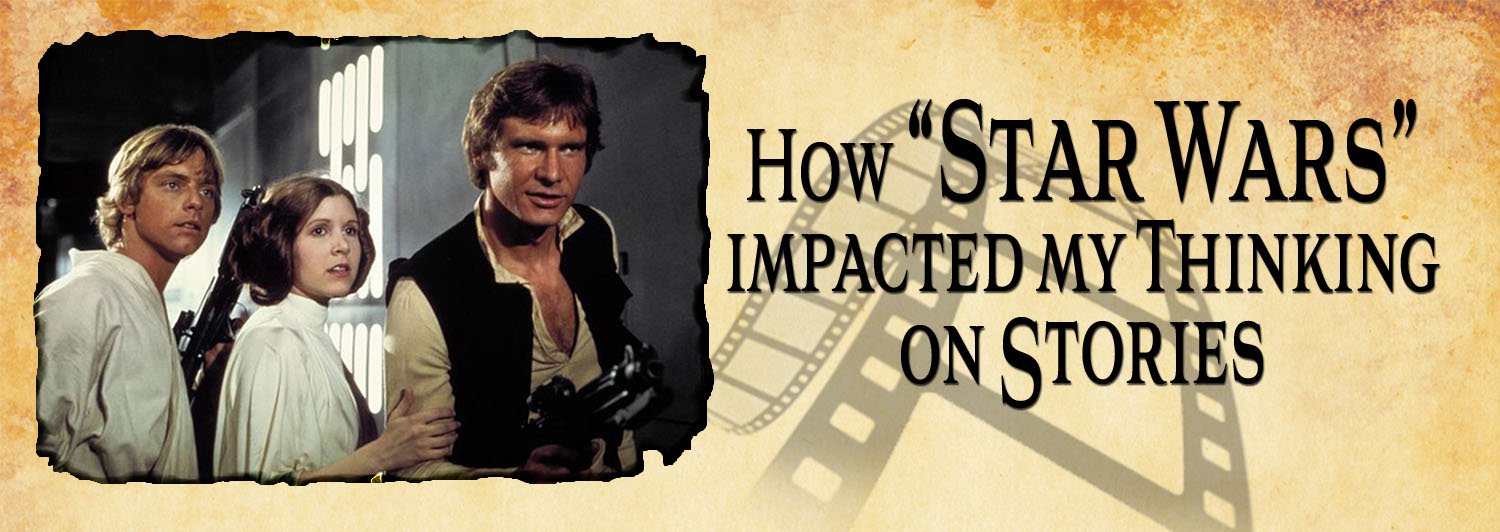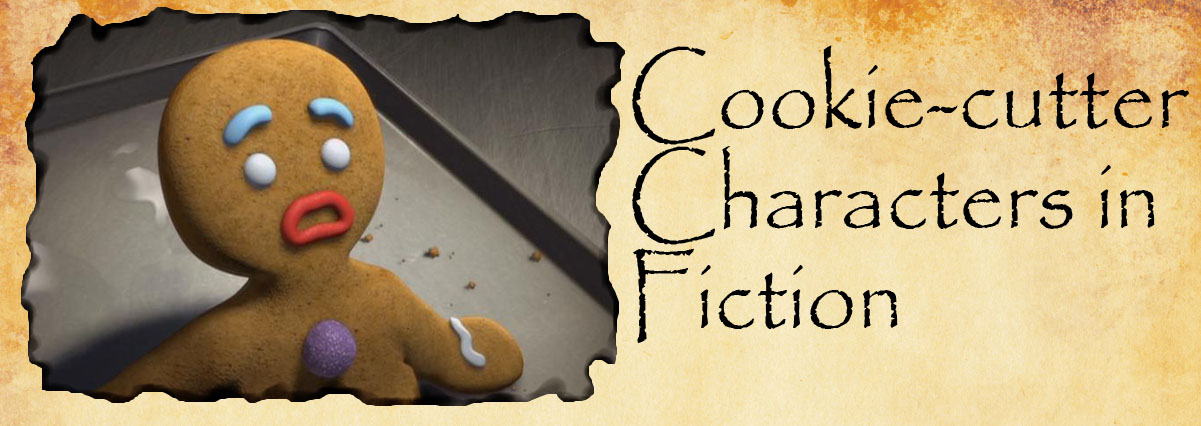Pondering: futility of godless stories
Ponder with me the shallowness of stories that omit any divine purpose. Any intervention or God-given purpose. As writers creating fictional realms we have the opportunity to omit God… or do we?
A story I moderately enjoy centers around a Buddhist monk who is on a quest to find the equivalent of the chosen one. The chosen one must have certain qualities and the monk seeks out a man with those qualities. In his quest he relies heavily on a prophecy that gives him signs he can follow so that he will know for certain he has found the one. There is never a mention of divine intervention. The story as a whole is devoid of God and in this missing element it becomes shallow.
It makes no sense for there to be a prophecy unless there was One to inspire the prophecy. And it is contradictory to choose one man based on moral qualities and yet ignore where those moral qualities come from.
Is it not interesting? While purporting high moral standards, secular stories miss the all-important question, which is, that if there is a moral law then Who gave that law. And if there is no Divine giver of moral law then morals are dictated by mankind. And if mankind dictates morals then he is not responsible to a higher power, and without that responsibility mankind is free to follow their own moral codes. One person may say that a thing is wrong while another will say that it is right. Who is to say which is which? They are both men. They are both fallible. More importantly there is no Judge to hold them to a standard of morality.
You cannot have moral law without a Lawgiver, and the same law loses its power if you deny the existence of the One who established and enforced those laws. In truth there would be no solid consequences to immoral actions because no one could say that the law was any better than the lawbreaker’s moral opinion.
Q: Do you ponder the necessity of God in stories?
